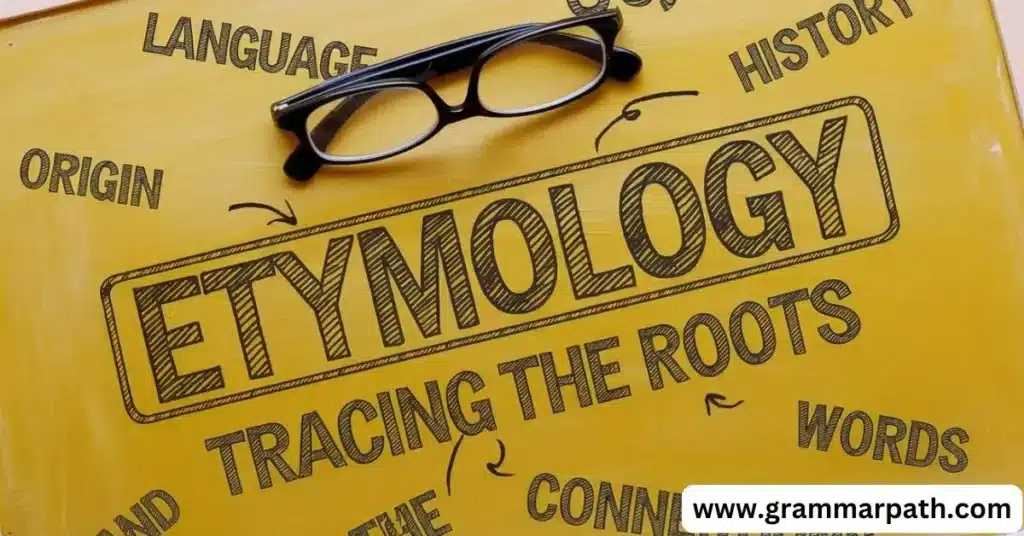
Requester vs. Requestor: The Spelling Mystery in Modern Writing
The debate over “Requester vs. Requestor” highlights a fascinating aspect of English spelling and its adaptability. While both terms originate from the verb “request,” their suffix differences (-er vs. -or) create nuances in meaning and usage. Context in writing plays a crucial role—”requester” is common in general communication, while “requestor” often appears in legal terminology preferences or industry-specific contexts like software development.
Understanding this linguistic puzzle can enhance your grammar and writing tips, ensuring clarity and professionalism. Whether drafting an email or creating SEO-friendly content, aligning your word choice with audience expectations and regional spelling variations is essential for effective communication in modern writing.
The Battle of the Spellings: Requester vs. Requestor
“Requester vs. Requestor” isn’t just a debate about spelling it’s a reflection of English language evolution and its adaptability. Both terms stem from the verb “request,” yet their suffixes -er and -or lead to subtle but significant distinctions. The choice often depends on industry-specific preferences, regional spelling variations, or the tone of the writing.
For example, imagine drafting an internal company memo. If you’re addressing an IT ticket system, you might refer to the individual submitting the request as a “requestor.” Conversely, in a general business email, “requester” may feel more natural and widely accepted. This highlights the critical role of context in writing when determining which term to use.
Etymology: Tracing the Roots

Latin Origin of “Request”
The root of both “requester” and “requestor” lies in the Latin word requaerere, meaning “to seek” or “to ask.” The addition of suffixes like -er and -or is where their divergence begins. Historically, -er is more prevalent in American English, while -or aligns with Latin-derived legal and technical terminologies. These distinctions explain why “requestor” often appears in legal terminology preferences but is less common in everyday communication.
Evolution of the Suffix: -er vs. -or
The suffix differences between -er and -or have long been a topic of discussion in English. While both indicate someone who performs an action, -or leans toward formal or specialized contexts. For instance, professions like “doctor” or “actor” retain the -or suffix due to their Latin origins, whereas “teacher” or “worker” use -er. This nuance extends to “requester” and “requestor,” further complicating their usage in modern linguistics.
Style Guides and Dictionaries Weigh In
When analyzing “requester vs. requestor,” style guides such as The Chicago Manual of Style and dictionaries offer varying perspectives. Many recommend “requester” for general use, aligning with the -er suffix’s familiarity in contemporary English. However, “requestor” frequently appears in legal and business documents, where clarity in writing and adherence to industry norms take precedence.
Pro Tip: Always consult your organization’s style guide or preferred dictionary for guidance, especially in professional contexts.
Industry-Specific Preferences

Legal and Business Contexts
In legal documents, “requestor” often signifies a specific party in a contract or proceeding. For example, a clause might state, “The requestor agrees to the terms outlined above.” This usage ensures precision and avoids ambiguity, making “requestor” the preferred choice in formal writing.
On the other hand, in customer service or support, “requester” is more common. Imagine responding to a customer query: “Thank you, John, for being the requester of this service update.” The term feels approachable and conversational, suited to client-facing communication.
Technology and Software Development
In software development, “requestor” is frequently used in technical contexts, such as API documentation. For example: “The requestor initiates a POST request to retrieve data from the server.” This specialized usage emphasizes industry terms and aligns with the structured language common in technology.
Regional Variations
American vs. British Preferences
Regional spelling variations play a significant role in this debate. American English leans heavily toward “requester,” reflecting the -er suffix’s dominance in the U.S. In contrast, “requestor” occasionally appears in British English legal texts, although its usage remains less widespread. Writers must remain mindful of their audience to avoid inadvertently alienating readers.
Fun Fact 🎭:
Did you know that the word “requestor” isn’t officially recognized by some dictionaries, including Merriam-Webster? Despite this, its usage persists in specialized fields, showcasing the fluidity of modern linguistics.
Context Matters: When to Use Which
Formal vs. Informal Writing
Choosing between “requester” and “requestor” hinges on your writing’s formality. In academic and scientific papers, where precision is paramount, “requestor” may align better with the tone. In contrast, casual emails or social media posts favor “requester” for its conversational appeal.
Scenario Example (Email):
Subject: Request for Budget Approval
Dear Ms. Hayes,
As the requester of additional funding, I’d like to explain why this allocation will benefit our team’s project timeline.
Common Mistakes and How to Avoid Them
Writers often mistakenly use “requestor” in casual contexts, where “requester” is more appropriate. To avoid this, consider the writing context and whether your audience will understand the term intuitively. Tools like Grammarly or ProWritingAid can flag such errors and offer suggestions.
Beyond Requester and Requestor: Related Terms

This debate also brings to light other terms like “applicant” or “petitioner,” which can sometimes replace “requester” or “requestor” depending on the situation. Exploring these options can further enhance clarity in writing.
The Impact of Spelling on SEO and Online Visibility
For online content creators, using the correct spelling has direct implications for SEO strategies. Keywords like “requester vs requestor” are often searched online, so including both forms strategically can boost your content’s keyword relevance and online traffic. Balance is key; overloading your text with repetitive phrases can harm readability and rankings.
Practical Tips for Writers and Editors
- Identify Your Audience: Know who you’re writing for and tailor the term to their expectations.
- Consult Style Guides: When in doubt, rely on established style manuals for guidance.
- Maintain Consistency: If your organization prefers “requestor,” stick to it throughout the document to avoid confusion.
- Educate Yourself: Understanding the etymology of English can make these decisions feel less arbitrary.
Creating Style Guides for Organizations
For organizations, establishing a style guide that specifies when to use “requester” or “requestor” can streamline communication and ensure consistency. Clear guidelines empower employees to make informed choices without second-guessing.
Conclusion: Making Your Choice
In conclusion, the “Requester vs. Requestor” debate underscores the importance of understanding context in writing. While “requester” is widely used in general communication and feels more conversational, “requestor” suits formal, legal, or technical settings. Both terms have their place, shaped by industry-specific preferences and regional spelling variations.
By recognizing these distinctions, writers can ensure clarity and accuracy in their work. Whether for business, technology, or everyday use, choosing the right term reflects professionalism and attention to detail, resolving this spelling mystery in modern writing.
FAQs: Quick Answers to Common Questions
Q: Is “requestor” a real word?
Yes, but it’s primarily used in technical or legal contexts.
Which is more common, “requester” or “requestor”?
“Requester” is more common in general usage, while “requestor” is specific to certain industries.
Can I use these terms interchangeably?
Not always. Consider the context and your audience before deciding.

Emily Olivia is an experienced writer specializing in grammar and English language topics. With a passion for clarity and precision, she shares valuable insights on synonyms, grammar rules, and writing tips to help readers enhance their language skills on Grammar Path.





